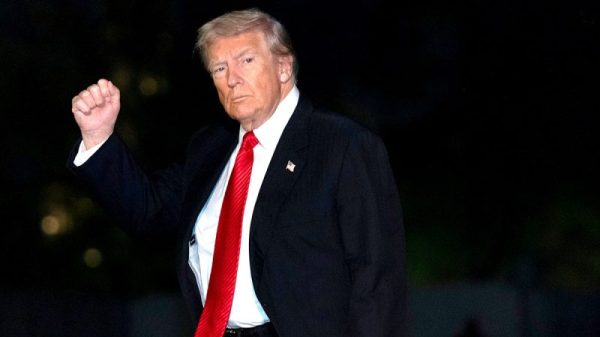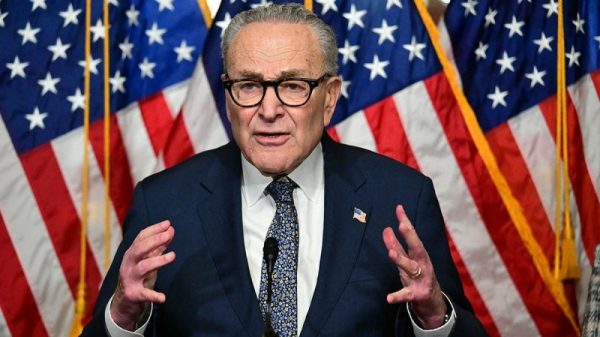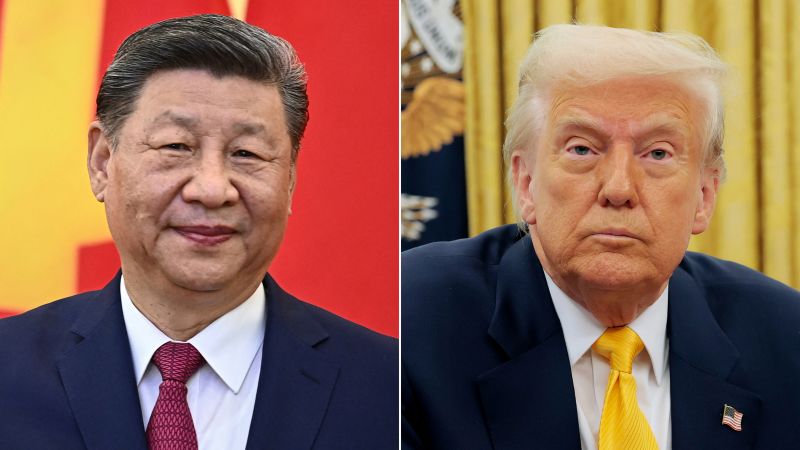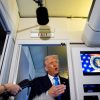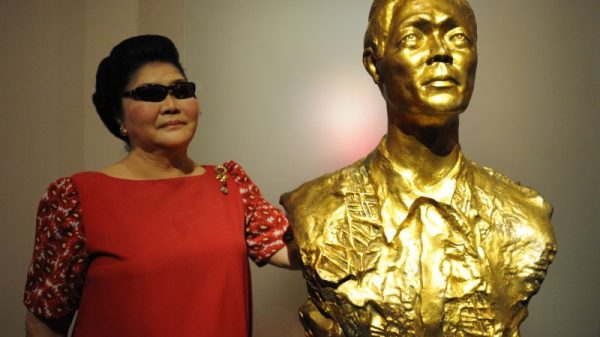Chinese leader Xi Jinping has not spoken to US President Donald Trump on the phone recently, Beijing said Monday, reiterating that no talks are taking place between the two countries to resolve their tariff war.
The statement from a Chinese Ministry of Foreign Affairs spokesperson is an outright rejection of Trump’s claim in an interview with Time magazine last week that Xi had called him, as the world’s two largest economies remain locked in a dispute over sky-high trade levies.
“As far as I know, there has been no recent phone call between the two heads of state,” Guo Jiakun told a regular news conference. “I want to reiterate that China and the United States are not engaged in consultations or negotiations on the tariff issue.”
China has maintained its tough public stance on the trade war even as Trump softened his tone last week, saying that astronomical US tariffs on Chinese goods will “come down substantially” and promising to be “very nice” at the negotiating table as he attempts to get Xi to initiate talks.
“He’s called. And I don’t think that’s a sign of weakness on his behalf,” Trump said, referring to Xi, in the Time interview published on Friday.
According to publicly available records, the last time the two leaders spoke by phone was on January 17, days before Trump’s inauguration for his second term.
Since last week, Trump has repeatedly said that his administration is talking with Chinese officials to strike a trade deal – only to be met with flat denials from Beijing each time.
On Friday, hours before Trump’s interview with Time was published, China’s Foreign Ministry urged the US not to “mislead the public” on trade negotiations between the two sides.
Trump’s apparent willingness to deescalate the trade war has been brushed off by Beijing, which has instead demanded the US remove all tariffs on China.
Since returning to the White House, Trump has imposed levies of 145% on Chinese goods, though he exempted imports of electronics such as smartphones and computers from his so-called “reciprocal” tariffs.
China has raised tariffs on US imports to 125%, but it has also quietly rolled back the levies on some semiconductors made in the United States, according to import agencies, as Beijing tries to soften the blow of the trade war on its all-important tech industry.



















